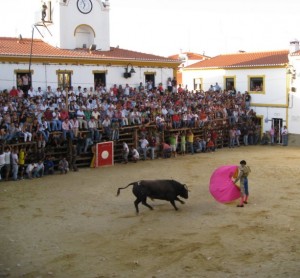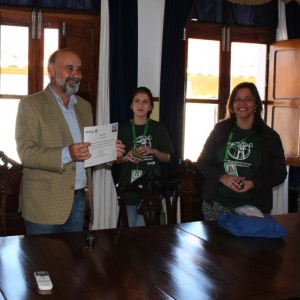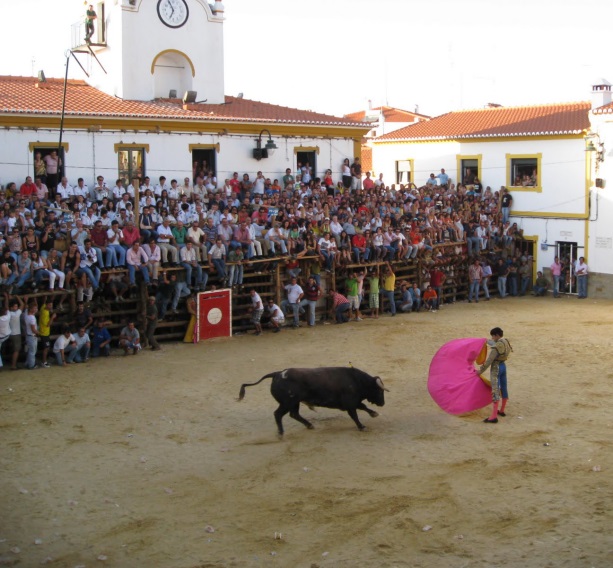
Occur every year in the days of 28, 29, 30 and 31 of August
Bullfighting is well known all around the world and it makes the practicing communities proud of this tradition! Spain and Portugal continue the tradition of bullfighting for many generations till today. They share this tradition with a slight difference that makes opinions vary.
Spanish bullfighting actually creates a celebration where at the end of the fight the bull is killed by the bullfighter in the middle of the arena. Portuguese laws have prohibited this tradition and the bull is not killed in the arena except for one particular town named Barrancos. Until 1997, in Portugal, it was forbidden to kill the bulls in the middle of the arena, and from that date they started arresting people that would still do it, but from 2002, Barrancos fought for their traditions and made it possible for them to continue killing the bulls in the arena.
This small town follows Spanish tradition and they stood their ground against the authority of Portugal to make it possible to follow their tradition. This is not the first time that Barrancos stood against Portuguese laws. In the past, when the Spanish civil war was occurring, when Spanish civilians passed the frontier between Portugal and Spain, the Portuguese towns and cities had to send the Spanish back, it was against their law to leave the country, but in Barrancos instead of sending them back they took them in and took care of them without even caring about the law.

The Mayor, António Tereno.
The bullfighting in Barrancos is one of their main events that occur every year in the days of 28, 29, 30 and 31 of August. This festival has a lot of music, marching bands and dancers walking around town to celebrate this event. Their arena is made with wooden bars and barricades in the center of town instead of being held in an actual arena. There are about 30 thousand people from all around the country, including Spain, that come to Barrancos just to watch this festival. In total of the four days they only use five bulls and in the end they do a big feast with their meat.
Barrancos people are very proud about this tradition because, as the Mayor António Tereno stated: “This tradition is very important for us because it has been around for a long time and we stood for it with all we had to make it possible.”
Grupo 2: Rui Costa, Marina Georgiou, Martins Mozga, Joslyn Falzon.




You must be logged in to post a comment.